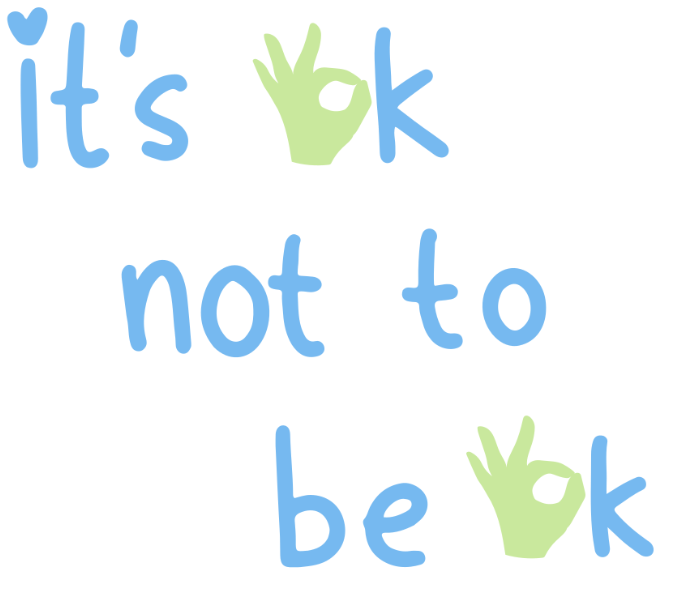During childhood, maintaining an adequate mental health involves achieving indicators of development and emotional well-being, as well as acquiring healthy social skills and strategies to face challenges.
Mentally healthy children enjoy a positive quality of life and can function effectively at home, school and in the community.
It is crucial to understand that mental health is not limited to the absence of mental disorders. Even among children without diagnosis, the differences in their well-being are notable.
Considering mental health as a continuous process, in addition to identifying specific disorders, gives us a more complete understanding of children’s well-being.
Mental health struggles are our reality:
Secondary traumatic stress, compassion fatigue, anxiety, and depression are common among early childhood workers. The world health organization reports that less than 50% of people with depression worldwide receive treatment.
This disorder affects individuals of all origins and ages, regardless of their socioeconomic level. The COVID-19 pandemic has altered our reality, generating changes in behavior and communication due to social restrictions and health concerns. The key question is whether these changes are permanent.
Families and workers request more support on mental health issues after the pandemic.

Suggested actions:
For parents: you know your child better than anyone. If you have concerns about your child’s behavior at home, school, or with friends, talk to your child’s health care professional.
For young people: taking care of mental health is as essential as physical health. Don’t hesitate to express your feelings if you are angry, worried or sad. Seek support from friends or trusted adults.
For health professionals: early diagnosis and treatment based on updated guidelines are essential. Resources are available to diagnose and treat mental disorders in children.
For teachers/school administrators: Identifying problems early is key to providing the necessary help. Work with families and health professionals if you have concerns about a child’s mental health at school.
Courtesy of Precious Moment Child Care




